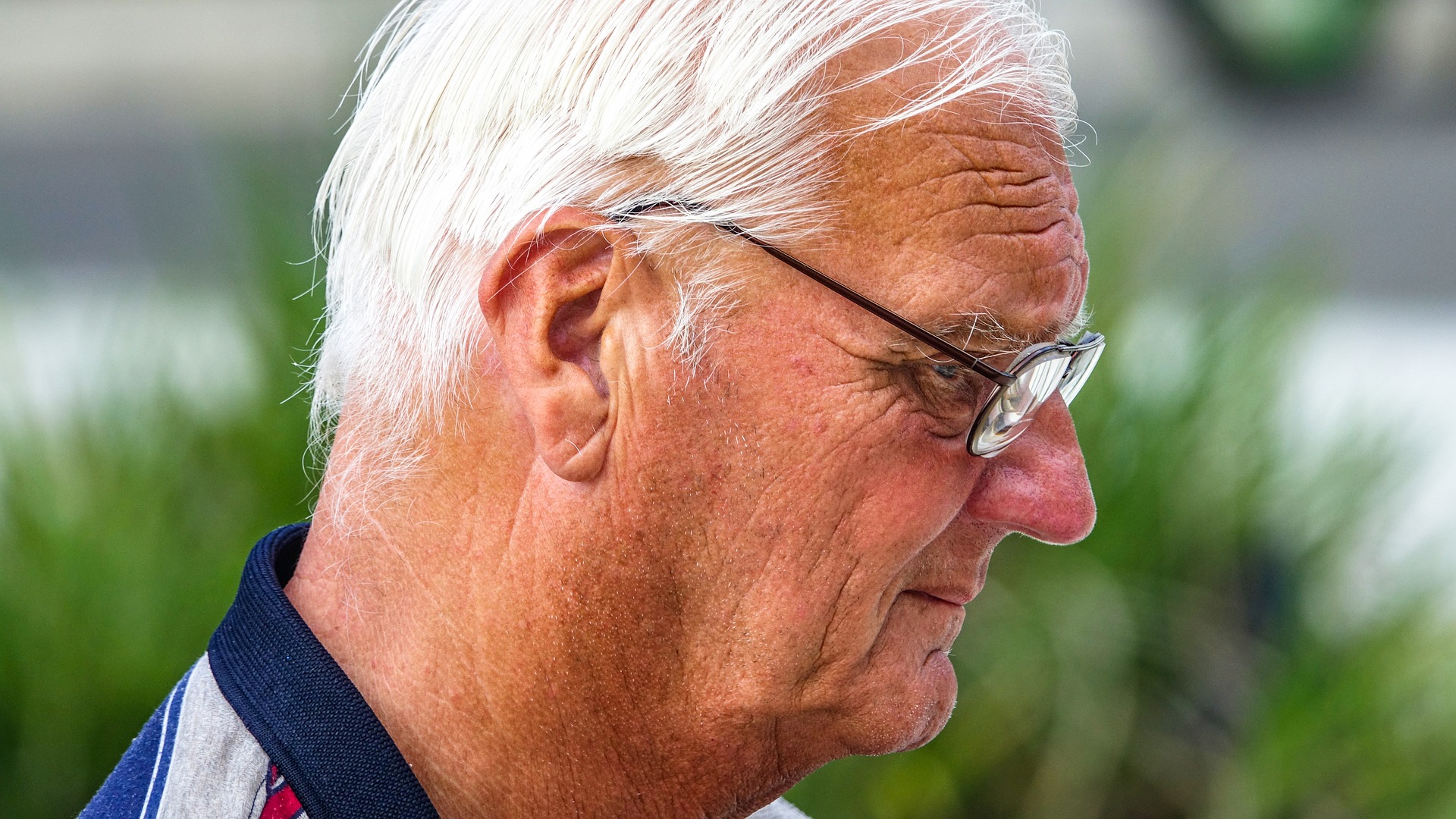People of all ages experience anxiety, as it is a natural response to stress. Anxiety helps us to avoid danger, as well as cope with problems and unusual situations. Feeling concerned about global events, medical conditions, or changes in our social life is entirely normal. However, if a senior experiences frequent, severe anxiety, it may interfere with daily tasks and meaningful relationships. Anxiety in older persons can cause cognitive difficulties and poor physical health, as well as reduce the overall quality of life.

Anxiety is a common condition among senior citizens, afflicting 10-20% of the population. While physicians can treat anxiety with prescription medications and treatment, it may go undiagnosed or untreated for several reasons. Seniors may not notice or acknowledge their symptoms – and if they do, they may not be comfortable admitting their condition to their physician or family. Some may not think they need treatment because they have experienced their symptoms for decades – and believe the symptoms are typical.
Depression vs. Anxiety
- Depression is a treatable medical disorder and is not a natural side effect of aging. Health issues, grief from a death, or loss of social interaction are all common issues associated with depression in seniors.
- Anxiety, on the other hand, typically improves with age. Anxiety disorders in older adults generally are associated with traumatic events, such as a fall or a chronic illness.
How to Prevent Feeling Anxious
- Exercise: Regular physical activity helps seniors maintain cognitive and mental health. Exercise helps the brain to preserve existing network connections and to develop new ones. Research proves that walking and other aerobic activities are advantageous to one’s health and assist in overcoming feelings of anxiety. Yoga is gaining popularity as it can minimize the stress stored up in the neck, shoulders, and upper back and moderate all types of chronic pain – not to mention encourage a more peaceful state of mind.
- Music therapy: Music relieves stress, improves mood, and facilitates self-expression. It is a well-known therapy with plenty of data to back it up, helping with blood pressure, memory, communication, and social skills. Music provides the ability to cope, regulate thoughts and emotions, and decrease muscle tension.
- Healthy Diet: As people grow older, their musculoskeletal and neurological systems deteriorate, and it becomes more challenging to manage anxiety. Although it may seem strange, eating the right foods can actually help to regulate and minimize stress. These stress-relieving foods include avocado, dark chocolate, milk, nuts and seeds, green vegetables, and fruits.
One of the best ways seniors beat anxiety is to have an active and fulfilling social life. It is easier for older adults to fall into depression and anxiety when they are isolated and feel lonely. With no one to talk to, problems can begin to seem overwhelming. If your senior loved one lives alone, you could help them by visiting, driving them to social events, or suggesting lunches or outings. If their life is becoming too lonely, it may be time to consider a senior living residence.
Assisted living can help with all of the above tips to relieve anxiety. In these facilities, residents are provided with nutritious meals and opportunities to participate in fitness and exercise classes and enjoy music, art, and many other activities with seniors. Being in a community of friends is a wonderful way to avoid stress and anxiety.
Life doesn’t end just because we grow older – and A Banyan Residence is committed to ensuring that our residents continue to enjoy and be fulfilled for years to come.
